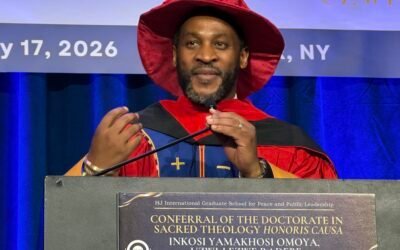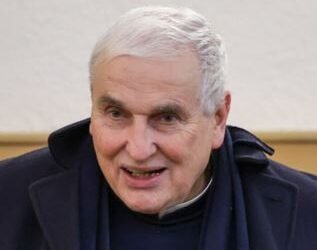Youth 71Five Ministries is a Christian organization that serves at-risk youth of all faiths. Oregon tried to withdraw $410,000 grants citing discrimination.
by Massimo Introvigne

In a decision following (and quoting) the United States District Court for the District of Columbia’s recent verdict on the Fellowship of Christian Athletes, the U.S. Court of Appeals for the Ninth Circuit confirmed that Christian organizations may adopt discriminatory hiring policies and remain eligible for public recognition and grants.
The case, decided on August 8 and subject to appeal, concerned Youth 71Five Ministries, a Christian organization serving at-risk youth of all faiths but hiring as employees only Christians who subscribe to a statement of faith. The name Youth 71 Five Ministries derives from Psalms 71:5, “Lord God, you are my hope. I have trusted you since I was young.”
Following amendments to its regulations enacted in March 2023, and after receiving an anonymous complaint, the State of Oregon cancelled grants in the amount of $410,000 it had given to Youth 71Five, claiming that by hiring only Christians the organization violated Oregon’s non-discrimination policy.

The Ninth Circuit disagreed. As in the case of the Fellowship of Christian Athletes, it noted that “the state has treated comparable secular groups more favorably than 71Five. State policies ‘are not neutral and generally applicable . . . whenever they treat any comparable secular activity more favorably than religious exercise’… As evidenced by their websites, many other participants in the Program discriminate in violation of the Certification Rule. Take a few examples: Ophelia’s Place and Girls Inc. only serve girls or those identifying as girls, even though the Certification Rule states that a group cannot discriminate based on gender in providing services. The Black Parent Initiative only serves African and African American families, despite the Certification Rule’s prohibition on race-based distinctions. And Adelante Mujeres only serves Latina women and families in violation of the Certification Rule’s prohibitions on both gender and race-based discrimination. Yet the state continues to fund these groups while it has revoked 71Five’s grants. The Free Exercise Clause bars the government from treating religious groups worse than secular ones—but Oregon has apparently done just that in selectively enforcing its Certification Rule against 71Five.”
The Ninth Circuit quoted the Supreme Court to the effect that “Anti-discrimination laws and policies serve undeniably admirable goals, but when those goals collide with the protections of the Constitution, they must yield—no matter how well-intentioned.”
A provisional injunction was thus granted reinstating the participation of Youth 71Five in the state-supported programs.

Massimo Introvigne (born June 14, 1955 in Rome) is an Italian sociologist of religions. He is the founder and managing director of the Center for Studies on New Religions (CESNUR), an international network of scholars who study new religious movements. Introvigne is the author of some 70 books and more than 100 articles in the field of sociology of religion. He was the main author of the Enciclopedia delle religioni in Italia (Encyclopedia of Religions in Italy). He is a member of the editorial board for the Interdisciplinary Journal of Research on Religion and of the executive board of University of California Press’ Nova Religio. From January 5 to December 31, 2011, he has served as the “Representative on combating racism, xenophobia and discrimination, with a special focus on discrimination against Christians and members of other religions” of the Organization for Security and Co-operation in Europe (OSCE). From 2012 to 2015 he served as chairperson of the Observatory of Religious Liberty, instituted by the Italian Ministry of Foreign Affairs in order to monitor problems of religious liberty on a worldwide scale.



